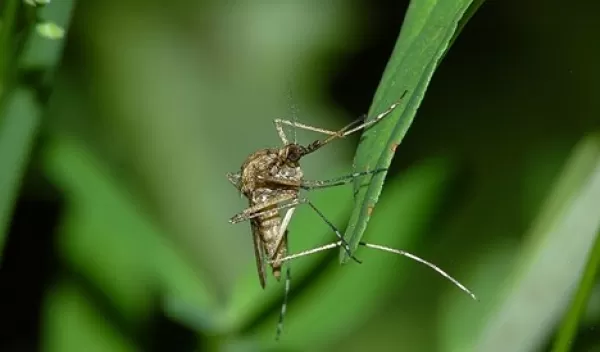
Researchers develop dashboard to track invasive and vector mosquitoes
Mosquitoes cause more than one million deaths each year and rank among the deadliest animals on the planet, even though only a small number of the insect species transmit disease. Tracking and surveillance are crucial to mitigating the worldwide public health threat, scientists say.
Researchers at the University of South Florida, funded by the U.S. National Science Foundation, created the Global Mosquito Observations Dashboard to surveil mosquito-borne diseases with automated mosquito identification. The dashboard makes use of data from other apps that use citizen scientists to capture photos of mosquitoes. The approach offers international data on a scale otherwise prohibitive due to expense and logistics.
"This dashboard is a unification of global citizen science platforms for mosquito surveillance and control," said one of the authors of the study, Ryan Carney. "This tool will help mosquito control personnel seek and destroy invasive species and monitor disease vectors on an international basis by leveraging the geo-reference computers people carry around in their pockets every day: their smartphones."
Powered by real-time data supplied by intrepid citizen scientists, the dashboard will detect and defend against mosquito-driven disease vectors.
The researchers tested the efficacy of the dashboard by asking citizen scientists to locate Chikungunya, dengue, yellow fever and Zika vectors. The citizen scientists not only located the vectors but also provided the first documented observations of an invasive mosquito species. The team published the findings in the journal Insects.
The findings offer a framework for leveraging a global network of citizen scientists.
The team plans to train and test artificial intelligence algorithms for image recognition that will identify the mosquito species in the images.
"Our algorithms for species recognition are especially accurate in detecting critical mosquito vectors," said one of the co-authors of the paper, Sriram Chellappan. "It will yield valuable tools for citizen-assisted surveillance to combat diseases."
